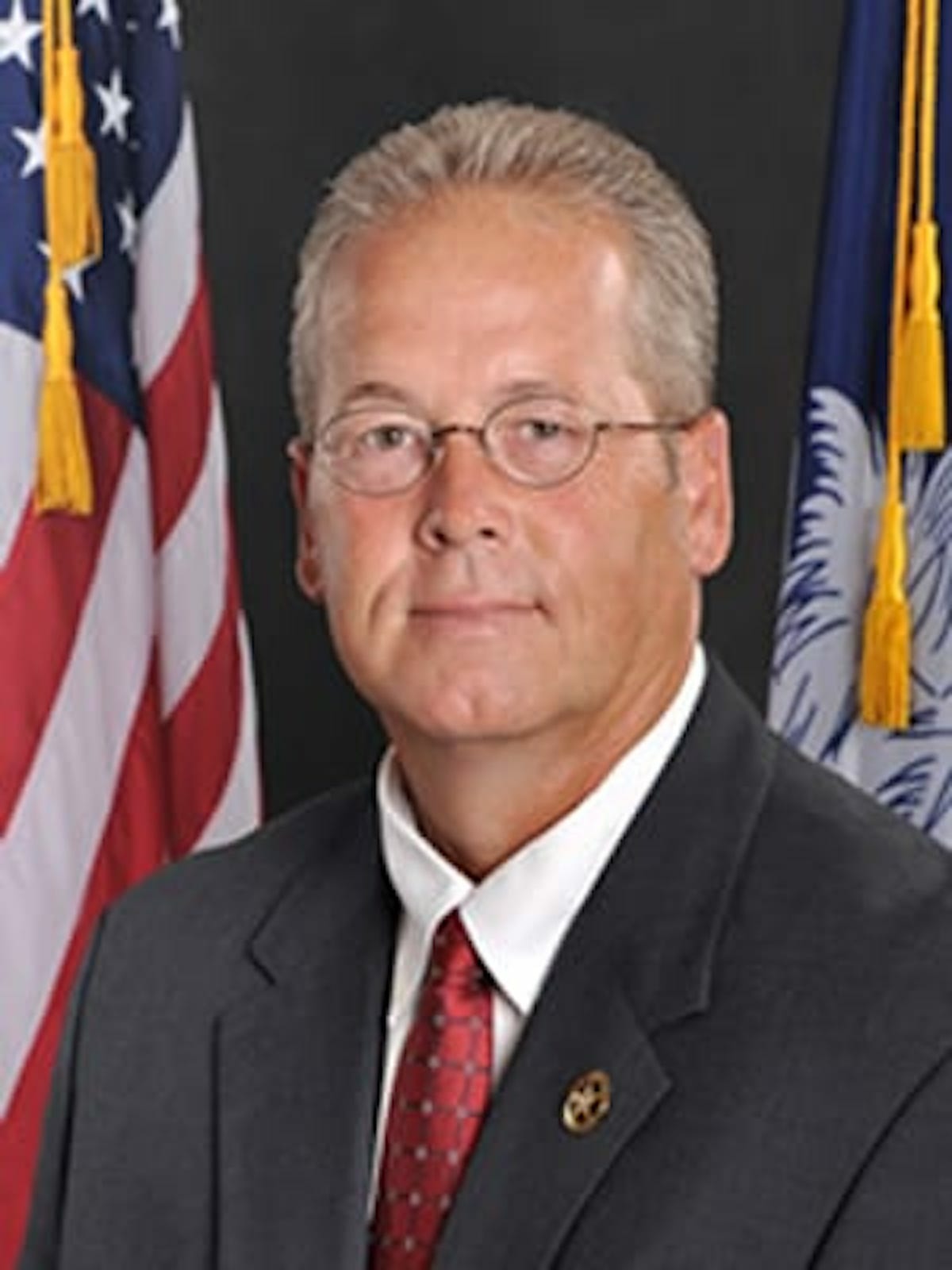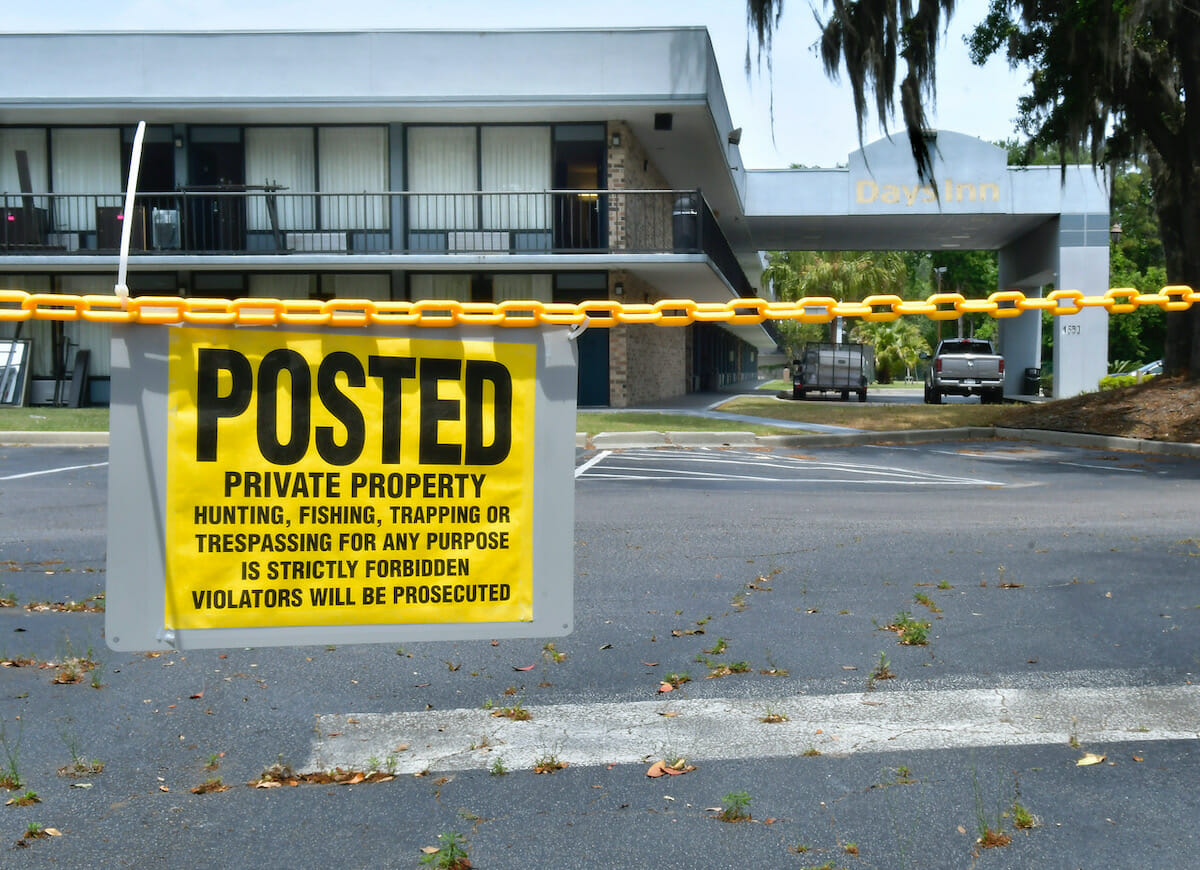Work remains to settle differences between county, municipalities
By Tony Kukulich
When the Beaufort County Council voted to delay the third and final reading of a motion to repeal all impact fees assessed by the county, they agreed to reconsider the matter during the council’s June 13 meeting.
The delay was intended to give the county’s municipalities like Beaufort, Port Royal and Bluffton time to align their impact fee policies with the county policy. With a month left before the county again considers the motion, it’s unclear if the delay provided enough time for the differences between the municipalities and the county to be ironed out. It’s equally unclear how the council will react if the necessary intergovernmental agreements (IGA) between municipalities and the county aren’t signed by the deadline.
“I think we’re in a spot where we’re going to get it worked out,” said Port Royal Mayor Joe DeVito. “I do. I’m optimistic. The timeline is what is making it difficult, especially at this time of year.”
During a May 3 joint council meeting held by the City of Beaufort and the Town of Port Royal, Beaufort Mayor Stephen Murray was adamant about his position on impact fees.
“I just want to say clearly, and I think I speak for the council, we are in support of impact fees,” Murray said. “We have been collecting them for 20 years.”
While both Devito and Murray have pledged their support for a resolution to the issues related to the IGA, the two sides – the municipalities and the county – appear to still be far apart.
“I can respect – from a political standpoint – putting a deadline on there,” Murray said. “But I’ll just be frank and say there’s a lot work to do between now and June 13th to make sure that we’ve got accurate information; that the public is aware of exactly what we’re doing and that it goes through a legal process so that we’re on a solid legal foundation once we put these in place.”
According to Chris Ophardt, Beaufort County public information officer, the county engaged in a study to revise its impact fee policy in 2020. New IGAs need to be signed in order to enact the revised fees recommended by the study, and in November 2021 draft IGAs were distributed to the municipalities. At this point, Ophardt said, the process stalled.
Beaufort was the first municipality to respond to the county with comments on the IGA. Murray sent an email to the county outlining a number of concerns with the terms of the IGA on March 24. As of Friday, May 6, Murray had yet to receive a response from the county.
“From March 24, we’ve had no response from the county and no updated IGA,” Murray stated. “It feels a little unfair if they decide to move forward with the repeal if we don’t have an open and efficient line of communication between both parties.”
Murray outlined three principal concerns with the IGA in his March 24 memo. The first was the 1 percent administrative fee that the municipalities are allowed to collect for managing the collection and distribution of impact fees for the county. Analysis completed by Beaufort staff revealed that the 1 percent fee did not cover expenses, and a 5 percent administrative fee was suggested.
The second issue was that the IGA gave unilateral authority to the county administrator to change the impact fee program without any municipal consent.
“We think that if we’re going to sign an IGA that clearly lays out terms, if those terms are going to change, both parties should have an opportunity to come to the table and be heard,” Murray said.
Murray’s third concern was that the IGA afforded the county administrator unilateral power to direct collected impact fees toward specific projects of county administrator’s choosing.
“We don’t believe that any one person in local government should have control over millions of dollars of public money without any kind of public oversight,” Murray explained. “We’ve asked for county council to vet the projects; prioritize the projects and give the public an opportunity to be heard. County council would remain the authority to release these impact fees toward specific projects.”
Port Royal Town Manager Van Willis also had concerns over the tight timeline involved in meeting the county’s June 13 deadline and he shared Murray’s discomfort with allowing the county administrator an unchecked ability to modify project list funded by each impact fee, but those weren’t his only issues related to impact fees.
“We contributed well over $2 million to the Northern Beaufort County Impact Fee program and we have one project for $140,000,” Willis said. “We understand the regional importance of projects, but we have a responsibility to the folks that pay those impact fees that we see some sort of equitable distribution in our municipality.”
Willis added that Port Royal will provide its comments on the draft IGA to the county by June 13.
“They’re going to have to make some accommodations for the concerns of the municipalities in the redrafting of those agreements if they want us to participate in this impact fee program,” he said.
The municipalities were not the only entities critical of the county’s handling of impact fee issues. The Beaufort County Board of Education issued a terse statement regarding the county’s repeal of school impact fees during the April 25 council meeting.
The statement, signed by Board of Education Chair David Striebinger and Beaufort County School District Superintendent Frank Rodriguez, contested the council’s assertion that the board failed to support the school impact fee.
“During the discussion a county official pointed to the lack of in-person school board members’ attendance as an indication the school board was not avidly supporting impact fees,” read the statement. “REALLY? A multimillion-dollar funding source was rejected because no member could attend this meeting? Five years of unwavering support and multiple votes was not enough?”
The statement went on to question the county’s motivation behind the repeal and referred to a “fog of misunderstanding, conflicting statements, and hidden agendas.”
The school impact fee was approved in July 2021 and applied only south of the Broad River. Ophardt said the fee was aimed squarely at the rapid population growth in Bluffton, but the towns of Hilton Head and Bluffton had not yet agreed to assess the fee. As such, it was only charged in the unincorporated areas of the county. A lawsuit was filed against the county by Pulte Home Company, LLC alleging the fee was illegal because it was not applied equally across the region.
According to Ophardt, the Pulte lawsuit prompted the county council to renew its efforts to get the IGAs signed.
“The council advised Eric (Greenway – County Administrator), ‘Hey, we really need to push these IGAs if we’re going to push any updates to impact fee because we open ourselves up to the exponential cost of lawsuits if we can’t get everybody on the same page.’”
The statement from the school board may have had its intended impact. During Monday’s Beaufort County Caucus meeting, Vice Chair Paul Sommerville said he hopes the council will be open to the possibility of resurrecting the school impact fee sooner rather than later.
The county is negotiating with the municipalities, said Ophardt, while Murray said the ball is in the county’s court.
“We will continue to have good faith discussions with the municipalities,” Greenway said. “State law on county impact fees gives us only so much flexibility. All discussions are fluid, but for the good of the citizens of Beaufort County, I hope we have IGAs signed by June 13.”
Tony Kukulich is a recent transplant to the Lowcountry. A native of Wilmington, Del., he comes to The Island News from the San Francisco Bay Area where he spent seven years as a reporter and photographer for several publications. He can be reached at tony.theislandnews@gmail.com.








